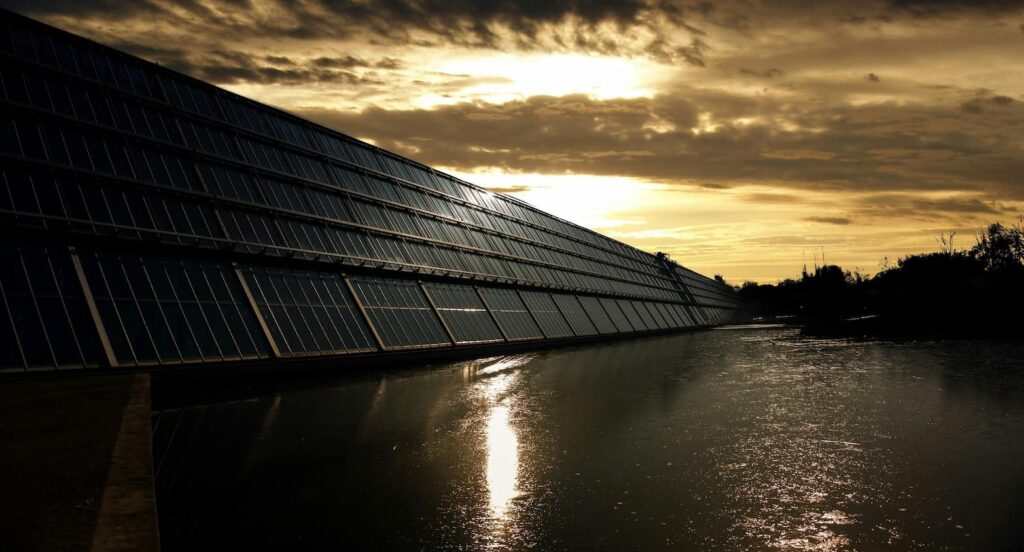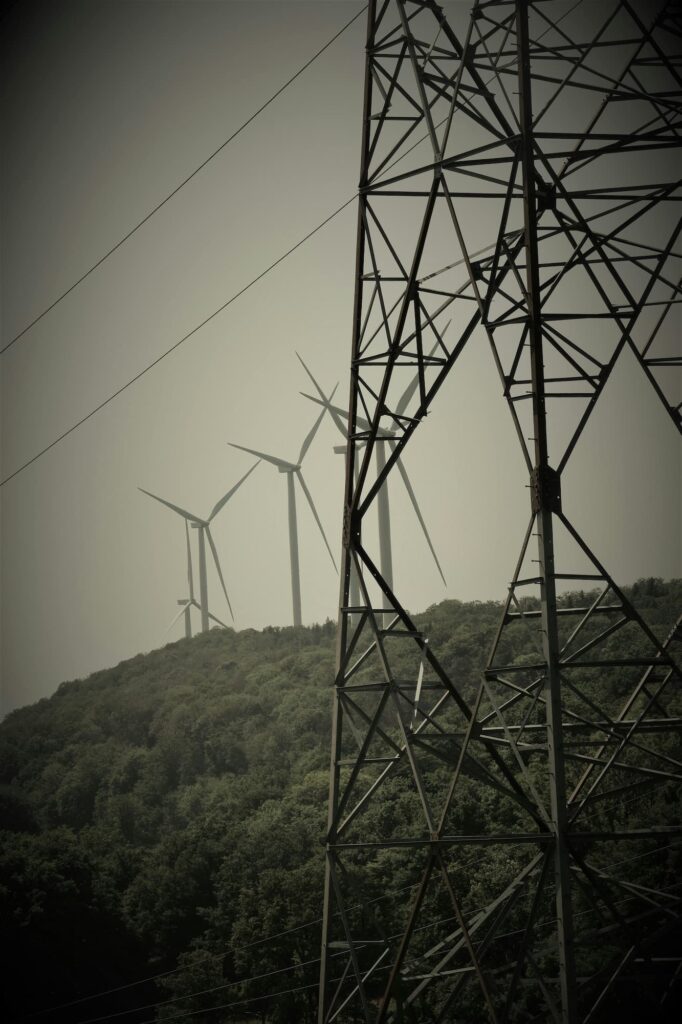
Introduction
As the world faces the realities of climate change and resource depletion, the shift to renewable energy is more urgent than ever. But this shift isn’t just about cleaner energy—it’s about justice.
A just energy transition aims to ensure that the benefits of renewable energy reach everyone, particularly those most vulnerable to climate change impacts, such as communities in the Global South.
We believe that this transition must address the economic and social inequalities created by the existing overall system. At JET, we want to explore how we can balance this essential transition with the need for equity and inclusivity.
What Is a Just Energy Transition?
A just energy transition recognizes that the move from fossil fuels to renewable energy must be inclusive and equitable. This means ensuring that communities most affected by climate change, such as low-income and marginalized populations, are not left behind.
Renewable energy policies must be designed with inclusivity in mind, supporting the development of technologies like photovoltaic solar energy while addressing energy poverty and socio-economic inequality in countries like Brazil.1
This approach differs from a simple energy transition by focusing on the social and economic implications of the shift.
It’s not enough to change how energy is produced; we must also ensure that all communities have access to clean energy and that the jobs created in the renewable sector are available to everyone, particularly in regions that rely heavily on fossil fuels for employment.
The Role of Renewable Energy
Renewable energy is central to a just transition. Technologies such as solar, wind, and hydro offer more than just a way to reduce greenhouse gas emissions—they provide an opportunity to rethink how energy systems are structured.
Innovations can be applied globally, offering new ways for communities to generate and control their own power, making renewable energy both a cleaner and fairer option.2
In countries like Brazil, where hydropower dominates the energy sector, there is still significant untapped potential for solar energy. According to research by Machado David et al. (2024), solar power could dramatically reduce reliance on fossil fuels while decreasing costs and emissions in the long run3.
However, the benefits of renewable energy must be shared equitably, ensuring that low-income communities are not disproportionately affected by energy transitions.
Climate Justice and the Global South
Climate justice is at the heart of a just energy transition, particularly for countries in the Global South. These regions are often hit hardest by the effects of climate change, yet they have contributed the least to the problem.

As Rikkonen et al. (2021) highlight in their study on renewable energy pathways2, The speed and scale of change needed to meet global climate goals require urgent and inclusive policy shifts.4 For the Global South, this means investing in clean energy technologies that both mitigate climate impacts and create new economic opportunities for the populations most at risk.
In places like sub-Saharan Africa and Southeast Asia, renewable energy projects must address not only environmental issues but also access to energy. As highlighted in the Photovoltaic Systems Review (2024), solar energy has the potential to power entire communities, bringing electricity to regions where millions still live without it1. This requires careful planning and international cooperation to ensure that these benefits are distributed fairly and equitably.
Challenges and Opportunities
While the promise of a just energy transition is compelling, there are significant challenges to overcome.
Political and economic barriers, such as the continued reliance on fossil fuels in some sectors, can slow the progress of renewable energy adoption2.
Moreover, the transition requires substantial investment in infrastructure, particularly in developing countries, where funding for renewable energy projects can be scarce.
However, the opportunities are vast.
The growth of renewable energy sectors, such as solar power in Brazil, not only helps reduce emissions but also creates new jobs and industries. The expansion of photovoltaic solar energy1 could significantly reduce the environmental and economic costs associated with traditional energy sources. With the right policies and investments, a just energy transition can drive both sustainability and economic development.

Can we power the planet without leaving anyone behind?
A just energy transition is about more than switching to renewable energy—it’s about building a future where everyone has access to clean, affordable power. At JET, we believe that this future is within reach, but it requires concerted action from governments, businesses, and civil society. Through our podcast, we aim to explore these issues in depth, bringing together voices from across the globe to discuss how we can achieve a fair and sustainable energy future.
Tune in to our episodes to learn more about the intersection of energy, equity, and climate justice—and how you can be part of the solution.
Sources:
- Machado David, T., de Souza, T. M., & Rocha Rizol, P. M. S. (2024). Photovoltaic systems: A review with analysis of the energy transition in Brazilian culture, 2018–2023. Energy Informatics. https://energyinformatics.springeropen.com/articles/10.1186/s42162-024-00316-4
- Rikkonen, P., Lauttamäki, V., Parkkinen, M., Varho, V., & Tapio, P. (2021). Five transition pathways to renewable energy futures—scenarios from a Delphi study on key drivers and policy options. European Journal of Futures Research. https://eujournalfuturesresearch.springeropen.com/articles/10.1186/s40309-021-00185-0
- Sankhwar, S., et al. (2024). Sustainable electric vehicle systems: Pathways and challenges. Sustainable Energy Research. https://sustainenergyres.springeropen.com/articles/10.1186/s40807-024-00128-w




